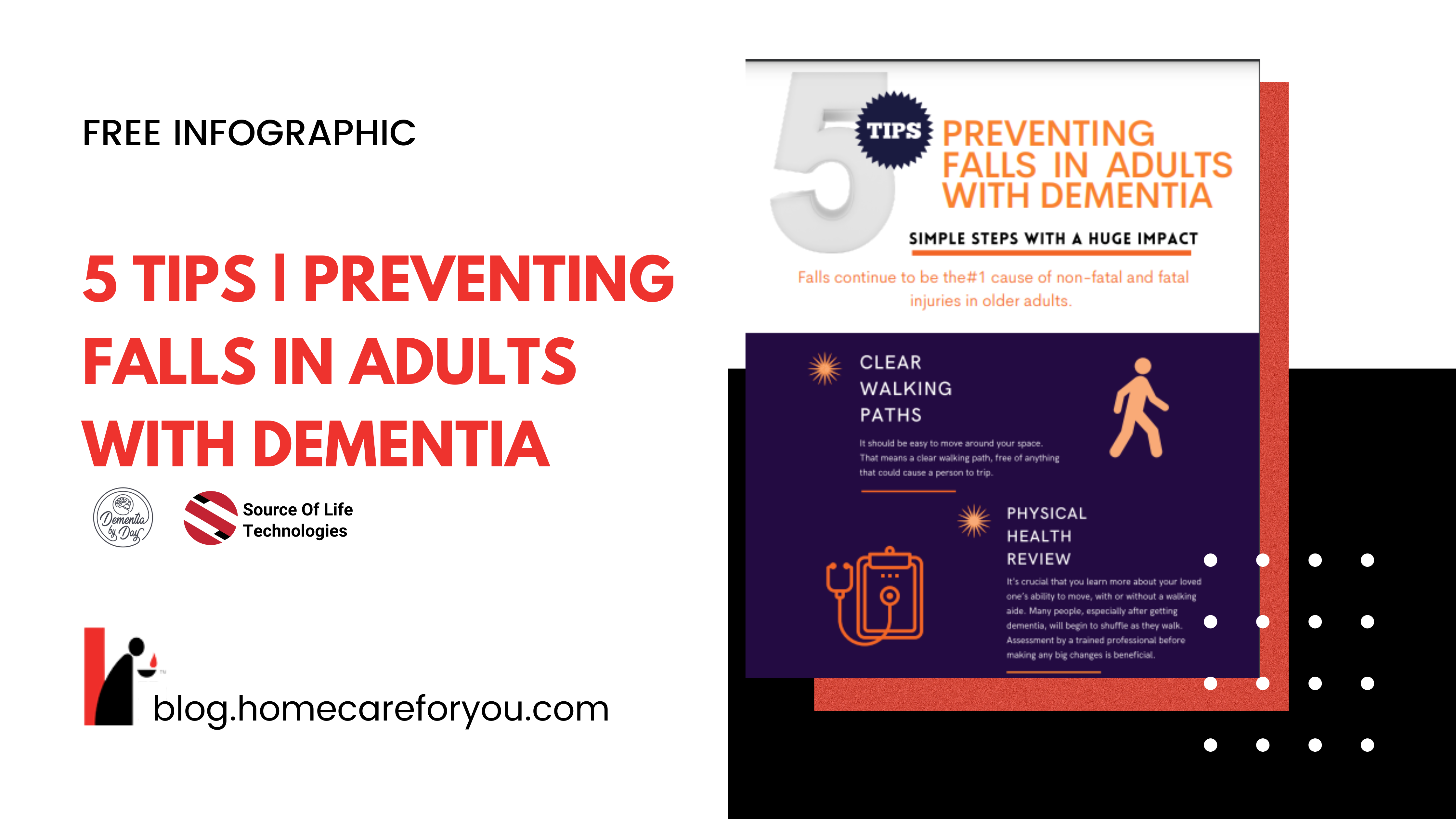How do you help someone without taking away their independence?

Guest blog post: Rachael Wonderlin, Dementia By Day owner and consultant
Caring for someone living with dementia is incredibly challenging. You aren’t simply dealing with the weight and the work of caregiving: you are also dealing with your own concerns and worries about your new role.
You question yourself, “Am I really helping her? Or am I just taking away her independence?” You may have struggled with the concept of taking her car keys. “This is her independence that I’m taking,” you thought to yourself.
The physical and emotional demands of caregiving are also weighing on you and your own independence. If you’re a care partner who happens to live with the person living with dementia, your day-to-day has been undoubtedly impacted.
So, how do we help someone living with dementia—all the while, keeping them safe—without taking away their independence?
Only take what is unsafe.
Allowing a person living with dementia to keep their car keys isn’t safe. Recognize that taking their car keys is not a punishment and it’s certainly not because you want to do it: taking someone’s car keys is a way to keep them and others safe.
That said, you don’t need to take the keys away in a dramatic and cruel way. Saying, “Don’t you remember? You can’t drive anymore!” isn’t a good way to do it. Instead, suggest that the car has to go into the shop, that you need to give the car to a grandchild learning to drive, that the doctor says she wants to have your mom evaluated before she drives, or any number of other options.
In other words, we don’t need to take away the feeling of someone’s independence.
Ensure they have the little things.
While we may need to take someone’s car keys or move them into a dementia care community, we don’t need to take small tasks from them. For example, even if takes mom an extra 30 minutes to set the table, if she loves doing it, let her set the table. We don’t need to “take over” tasks just because they take the person longer than we’d like.
If they can still do the task (safely, of course!), let them do it.
People living with dementia also deserve a physical space that Embraces Their Reality™ and allows them to feel independent. My favorite example of a dementia care community that does embrace the reality of its residents is Hogeway in the Netherlands (dementiavillage.com/en). It is a community that is built like a small town, but it is a small town that houses only people with dementia. The care staff that works there also “work” in the little town shops: the post office, the grocery store. Residents of Hogewey can go about their lives, living much as they always have, but within the safe borders of a community that understands and meets their needs. The physical space does a great job of Embracing Their Reality™, and then the staff emotionally and verbally embraces their realities as well. By “working” in the town’s stores, the caregiving staff is able to provide a watchful eye and hands-on care for their residents, all while helping them maintain their independence.
If you’re only removing what is truly unsafe, and if you’re allowing them to have the little things, you’re still giving them independence. Recognize that, sometimes, we have to remove or replace things for people living with dementia: it’s not your “choice,” and you’re a good care partner for taking steps to keep them safe.
Home Care Providers provides personalized, high-quality care with the most innovative technology allowing physicians, families, and care teams to stay connected and compliant by documenting and communicating within a secure portal. We want our patients, families, physicians, hospitals, and any facility we coordinate care with to experience THE BEST services possible!


